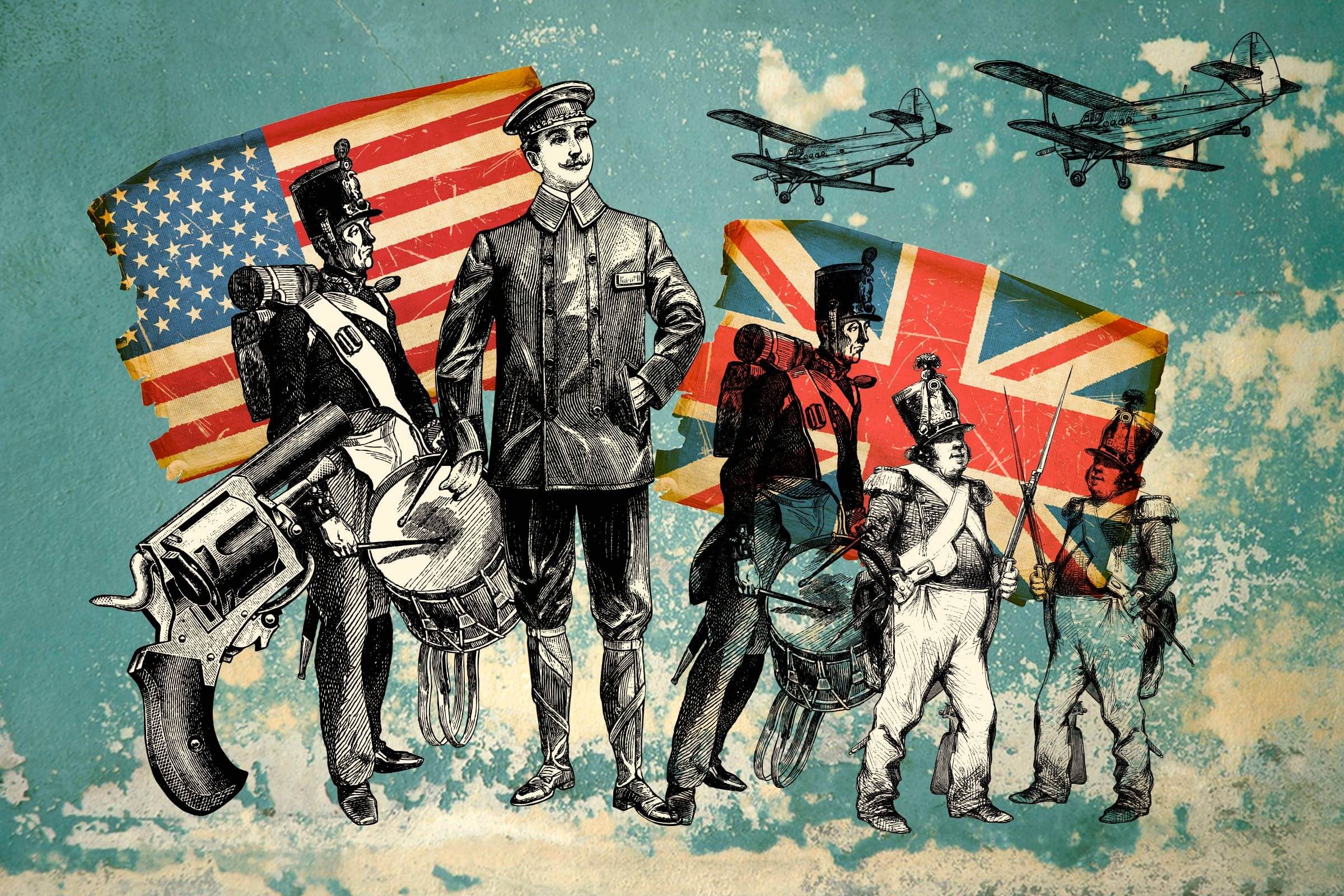
History, as a discipline, has been a cornerstone of human understanding, allowing us to grasp the complexities of the past and its profound impact on the present. The study of history is a multifaceted field that encompasses the examination of past events, cultures, and societies, providing invaluable insights into the human experience. In this article, we will delve into the definition and discipline of history, as outlined by Britannica, and explore its significance in shaping our understanding of the world.
Definition of History
History, according to Britannica, refers to the "study of the past, particularly the written record of the past, as a means of understanding the present." This definition highlights the dual nature of history, which not only involves the examination of past events but also seeks to contextualize them within the broader framework of human experience. By studying the past, historians aim to identify patterns, trends, and causal relationships that have shaped the world we live in today.
Discipline of History
The discipline of history is a rigorous and systematic approach to understanding the past. Historians employ a range of methodologies, including archival research, oral histories, and material culture analysis, to reconstruct and interpret historical events. The discipline is characterized by a commitment to objectivity, accuracy, and nuance, as historians seek to separate fact from fiction and provide a balanced representation of the past.
Britannica identifies several key aspects of the history discipline, including:
Chronology: the study of the sequence of events in time
Causality: the examination of the relationships between events and their underlying causes
Contextualization: the placement of historical events within their broader social, cultural, and economic contexts
Interpretation: the analysis and explanation of historical events and their significance
Significance of History
The study of history is essential for understanding the complexities of the present. By examining the past, we can:
Learn from mistakes: identify patterns of behavior and decision-making that have led to positive or negative outcomes
Appreciate cultural diversity: recognize the richness and diversity of human cultures and experiences
Inform policy decisions: provide historical context and insight to inform decision-making at local, national, and international levels
Foster empathy and understanding: promote tolerance and understanding by highlighting the shared human experiences that transcend time and culture
In conclusion, the discipline of history, as defined by Britannica, is a rich and complex field that seeks to understand the past and its ongoing impact on the present. By examining the definition and discipline of history, we can appreciate the significance of this field in shaping our understanding of the world. Whether you're a historian, researcher, or simply interested in the past, the study of history offers a unique window into the human experience, allowing us to learn from the past, appreciate cultural diversity, inform policy decisions, and foster empathy and understanding.
Note: This article is optimized for search engines with relevant keywords, meta descriptions, and header tags to improve visibility and readability.




-e3869073-ecd1-4e07-995c-8044124a18bd.png)




